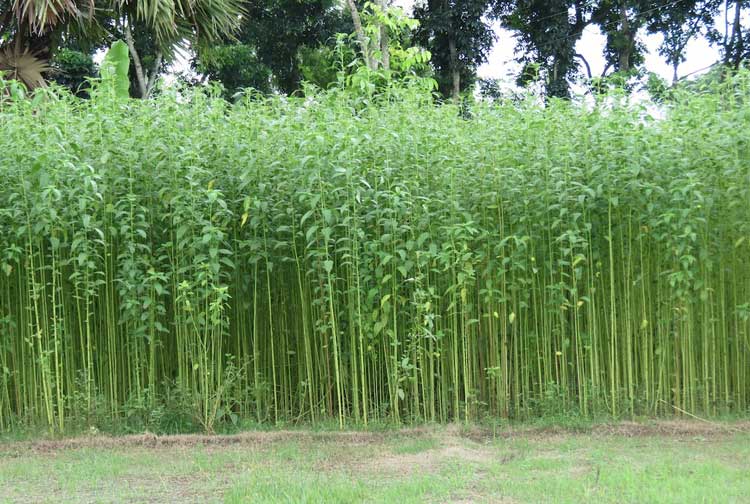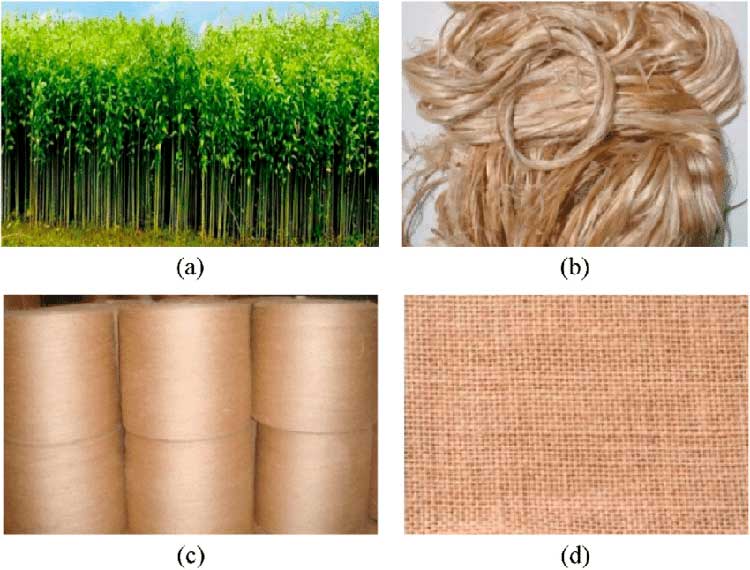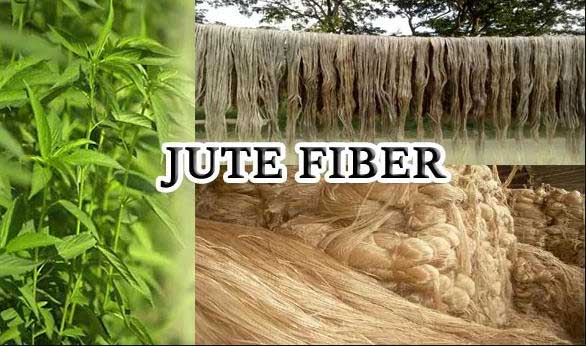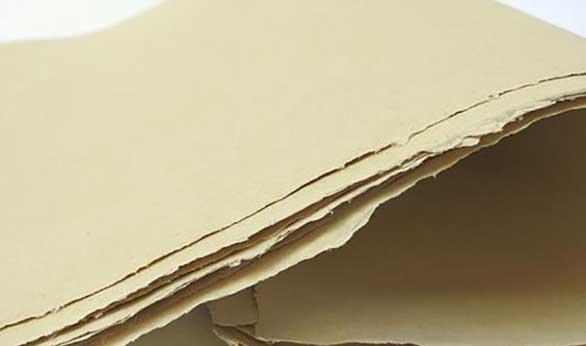Jute pulp making
Jute pulp making is a sustainable and eco-friendly method of producing pulp from jute fibers for use in various paper and packaging products. Jute is a long, soft, shiny vegetable fiber that is spun into coarse, strong threads, and it is primarily grown in Bangladesh and India. The pulp making process involves cooking the jute fibers in a mixture of chemicals to break them down into a soft, fibrous material that can be used to make different types of paper and packaging products. Jute pulp is known for its strength, durability, and eco-friendliness, making it a popular choice for a range of applications.

How do you make paper out of jute?
Jute paper is made by processing jute fibers into pulp, which is then used to make various types of paper products. The jute fibers are first cleaned and then broken down into a soft, fibrous material through a process called pulping. The pulp is then mixed with water, chemicals, and other additives before being formed into sheets and dried to produce paper.
What is the process of making pulp?
The process of making pulp involves cooking the jute fibers in a mixture of chemicals, such as sodium hydroxide and sodium sulfide, to break down the fibers into a soft, fibrous material that can be used to make paper and packaging products. The fibers are then washed and bleached to remove any impurities and create a clean, white pulp.
What are the two methods for producing pulp?
There are two methods for producing pulp: the kraft process and the sulfite process. The kraft process is the most widely used method and involves cooking the fibers in a mixture of sodium hydroxide and sodium sulfide. The sulfite process is less commonly used and involves cooking the fibers in a mixture of calcium, magnesium, or sodium bisulfite.

Can jute be used to make paper?
Yes, jute is an excellent alternative to wood fiber for paper and pulp production. Jute fibers are stronger and more durable than wood fibers, and they are also more eco-friendly. Jute fibers are renewable, biodegradable, and require less water and energy to process than wood fibers. This makes jute a sustainable and cost-effective option for paper and pulp production.
What are the materials required for pulp making?
The materials required for pulp making include jute fibers, chemicals such as sodium hydroxide and sodium sulfide, and water. Other additives, such as fillers and dyes, may also be used to create specific properties and colors for the final product.


Is jute fiber a suitable alternative to wood fiber for paper and pulp production?
Yes, jute fiber is a suitable alternative to wood fiber for paper and pulp production. Jute fibers are more sustainable and eco-friendly than wood fibers, and they also offer superior strength and durability. Jute pulp can be used to make a range of paper and packaging products, including bags, boxes, and other consumer packaging items.
In conclusion, jute pulp making is a sustainable and eco-friendly alternative for paper and pulp production. Jute fibers are stronger, more durable, and more sustainable than wood fibers, making them an excellent option for a range of applications. The process of jute pulp making involves cooking the fibers in a mixture of chemicals to break them down into a soft, fibrous material that can be used to make different types of paper and packaging products. With its many benefits, jute pulp is a cost-effective and sustainable option for paper and packaging companies looking to reduce their environmental impact.
Anyang Machinery Co., Ltd is a leading supplier of high-quality machinery for paper and pulp production. With years of experience in designing and manufacturing machines, our products are known for the reliability, durability, and efficiency. We have a team of skilled engineers and technicians who are dedicated to providing the best possible solutions for their clients' needs. What sets Anyang Machinery Co., Ltd apart from others in the industry is our commitment to innovation and continuous improvement. We are always looking for ways to enhance our machines and processes, so our clients can benefit from the latest technological advances. If you're looking for a reliable and trustworthy supplier of paper pulping machines, Anyang Machinery Co., Ltd is the way to go.

